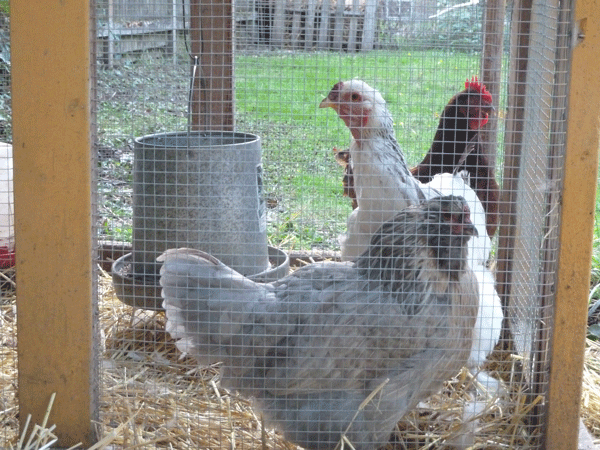 Mites are disgusting creatures and I learned way too much about them when I was doing the research for my book. They are iddy bitty external parasites that grab onto the skin of our beloved animals and feed off them. They are similar in that way to lice and fleas. Keeping your coop clean and dry, providing an area for dust baths and doing an annual deep clean with vinegar will decrease your chances of having to deal with mites. But sometimes, like in my case, that isn’t enough and they eventually find your flock.
Mites are disgusting creatures and I learned way too much about them when I was doing the research for my book. They are iddy bitty external parasites that grab onto the skin of our beloved animals and feed off them. They are similar in that way to lice and fleas. Keeping your coop clean and dry, providing an area for dust baths and doing an annual deep clean with vinegar will decrease your chances of having to deal with mites. But sometimes, like in my case, that isn’t enough and they eventually find your flock.
The tip off that something was wrong with my flock was due to a decreased production in eggs from all three of the chickens around the same time. There were not other factors going on, like extreme heat. Decreased egg production is almost always a dead giveaway that something is up with the flock. So I picked them up one by one to inspect them. Mites are hard to see, but they look like really tiny dots on their skin.
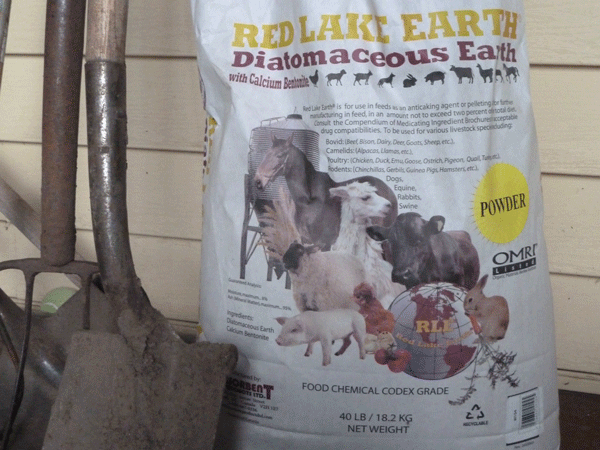 I count myself lucky that the girls were not over run with them. I had to look in multiple places all over them to find a spot with a sprinkling of mites. After the discovery, I immediately hopped on the scooter and headed to the feed store. I picked up a huge bag of diatomaceous earth that I put between the floorboard of my scooter and drove home with. Diatomaceous earth is a natural, organic product consisting of sedimentary rock pounded into a powder that basically dries out pests like mites, eventually killing them.Look for “food grade” DE if you ever need to use it on your flock.
I count myself lucky that the girls were not over run with them. I had to look in multiple places all over them to find a spot with a sprinkling of mites. After the discovery, I immediately hopped on the scooter and headed to the feed store. I picked up a huge bag of diatomaceous earth that I put between the floorboard of my scooter and drove home with. Diatomaceous earth is a natural, organic product consisting of sedimentary rock pounded into a powder that basically dries out pests like mites, eventually killing them.Look for “food grade” DE if you ever need to use it on your flock.
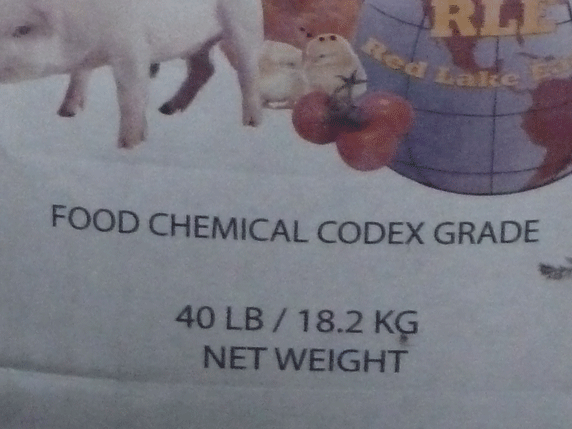 Normally I do a deep clean on their coop and henhouse twice a year with vinegar, a natural antibacterial. But in my desperate haste to protect my flock, I used bleach. I scrubbed their hen house – walls, floor, ceiling, nesting boxes and especially their roosting bar. I let it dry and then dusted the surfaces with DE.
Normally I do a deep clean on their coop and henhouse twice a year with vinegar, a natural antibacterial. But in my desperate haste to protect my flock, I used bleach. I scrubbed their hen house – walls, floor, ceiling, nesting boxes and especially their roosting bar. I let it dry and then dusted the surfaces with DE.
It’s been several weeks now and I have not seen any traces of the mites. But once mites move into a site, it’s really hard to get rid of them forever and ever. So I’m using DE now as a precautionary method, like many other chicken-keepers I know, by sprinkling it in their dust bath areas once a week. They may have snuck in under my nose for a couple weeks, but their free meals are over on this homestead.
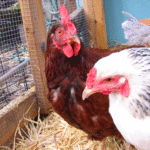
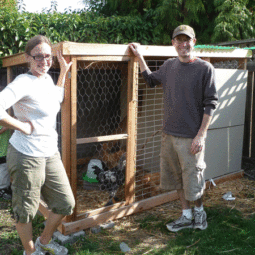
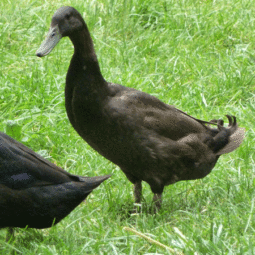

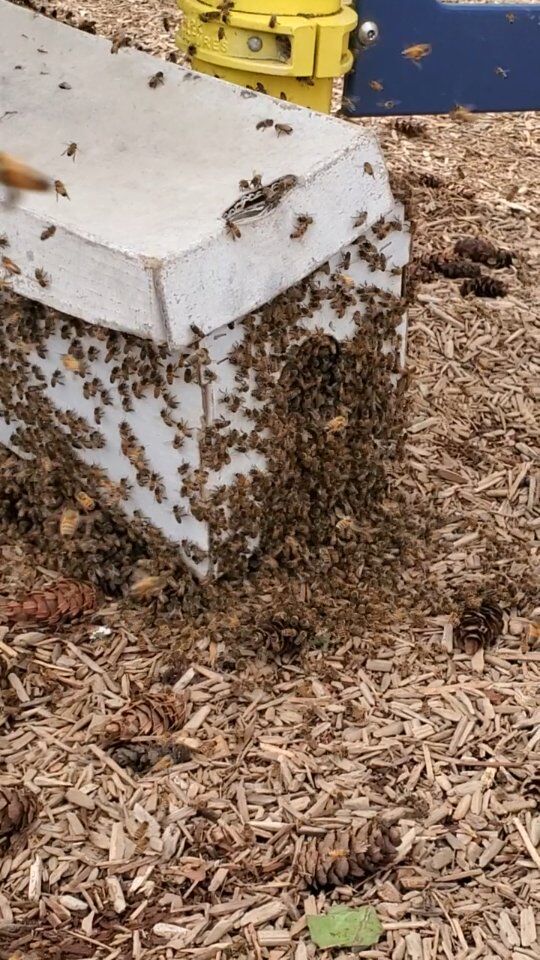
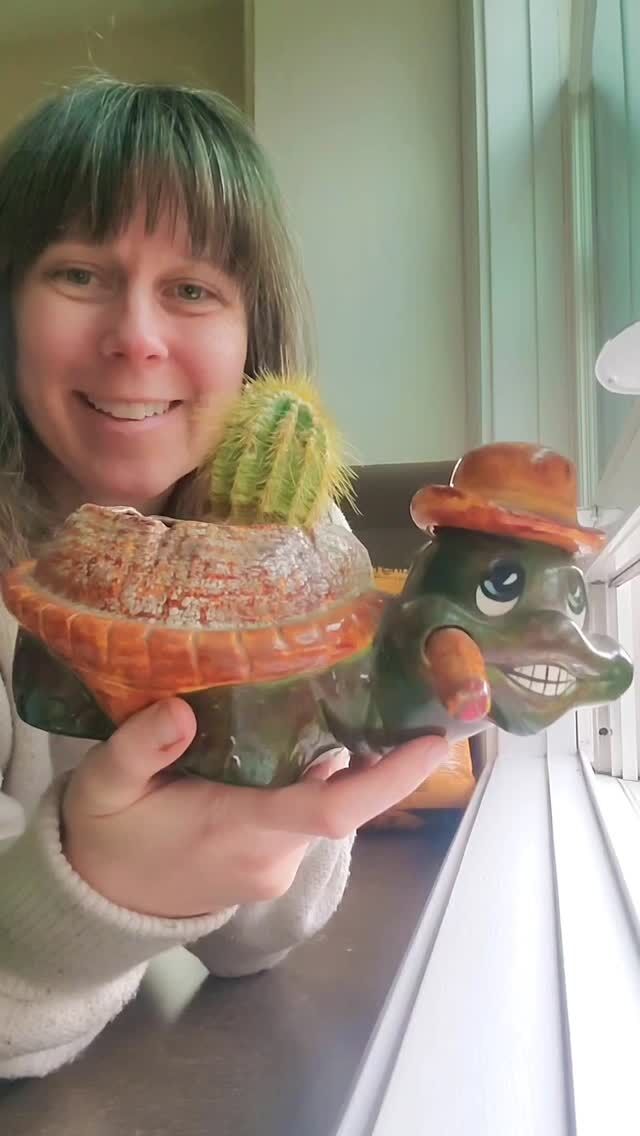


 This has become my
This has become my
 This is from South
This is from South


 All the ornamental grasses get cu
All the ornamental grasses get cu